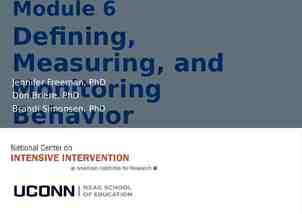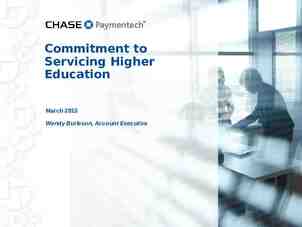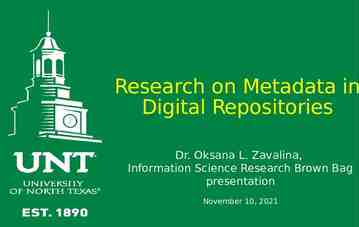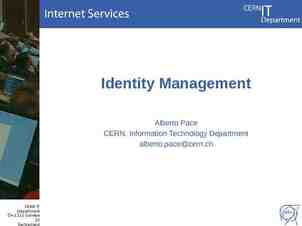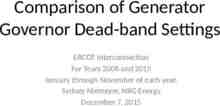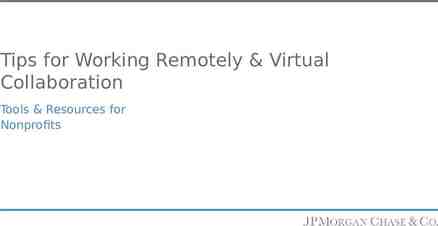Technology : The classroom, the challenges and the future Peter
30 Slides878.00 KB

Technology : The classroom, the challenges and the future Peter Lasscock Department of Education Victoria, Australia

“The focus of the Department of Education’s communication and multimedia strategy is to realise the potential of technology to enhance the quality of all aspects of education, especially student learning. To compete and be successful in an information rich, technologically-enhanced and rapidly changing environment, students need to be highly skills and flexible in their ability to use technology in all its forms.” (Learning Technologies in Victorian Schools 1998-2001:8)

Key findings of navigator schools 1. effective planning: all aspects of the school’s operations 2. computer networks: information,communication and collaboration 3. Internet: a powerful learning tool 4. Intranet: a private network 5. expanding role of library

6. learning technologies has challenged teachers 7. integration of learning technologies: a whole school process 8. collegiate culture 9. changed classroom practice 10. electronic links between home and school

Statewide Vision All schools developed information and communication technology plans by the end of 1998 All principals have implementing these plans as part of their performance review All teachers must improve their skills Financial support to schools

Computers in schools: Improve the computers to students ratio to 1:5 by June 2000. Government to provide AUS 26 million over 4 years for 63,000 new multimedia capable computers. Government to provide AUS 9 million over two years for improved access to technologies by teachers.

Notebooks for teachers: Notebook computers to be provided to 36,700 principals and teachers over a period of five years. 40 hours of professional development.

VicOne Re-engineering delivery of education at both curriculum and administration levels wide area network - Min 64 Kb link 1,900 sites including: Schools TAFE colleges Department administration

CASES 21 Whole school approach to re-engineering school’s administration process system administration student/academic administration asset register student absence and accident register finance and payroll curriculum and assessment

SINA SCHOOLSNET INTERNET NETWORK ADMINISTRATOR mailbox manager access manager web manager

An example from one school: Bendigo Senior Secondary College http://www.bssc.edu.au

Background 1993 - Steering committee established, Spending put on hold for 2 years 1993/94 - Staff visit state, interstate and overseas 1994 - Whole college plan developed SOSE example

Background 1995 - Learning area plans developed, network rolled out Dec 1995 - Laptops for all staff Jan/Feb 1996 - Classroom machines 1996 - Learning are plans updated, coaching team established 1997 - Timetabled professional development

Background 1730 Students in year 11 and 12 in 1999 Every classroom has between 2 and 6 computers - all networked and connected to the internet 600 families connected from home via 60 dial in lines Staff connected from home

Any Student All Staff Rooms Any Teacher All Classrooms Any Computer The Network The Internet Digital Resource Centre Library The Home

curriculum driven network not network driven curriculum

Evolution The power of letting go The physical space Professional development

Letting go Teachers need to: Understand the potential of what students can do with computers Implement structures to facilitate this happening Build their own skills but not be scared that they don’t know how to do it themselves 89% of staff at BSSC are happy that students know more about computers and software than themselves. LOTE example

Evolution of the classroom What will the classroom become? Laboratories to classroom machines Distinct information technology classes to appropriate integration into all subject areas One place and time to many places and times Technology in control to learner in control Triple science example

Software Pyramid Graeme Oswin 1997 High expectations of the teacher - Broad learning outcomes User has control HyperStudio, Microworlds, PowerPoint, Clarisworks, Kid Pix, Office, Web Publishing Software,Email SimCity etc Drill and practice eg Math Blaster and many CD ROMs Technology has control Low expectations of the teacher Narrow learning outcomes

Professional development Skills in context – Make the main focus what you can do in the classroom - this gives a need to learn the skills Share & celebrate – develop teams with expectations of outcomes – share - students and staff – create support structures English discussion forum

Support for staff Emotional Pedagogical Technical Art - teacher Art - student

Support for Staff Teaching and learning – 4 teaching and learning coaches – PD based around teaching and learning, in teams Technical – – – – Technology development manager 2 full time technicians 2 full time web support 15 students part time

Support for Staff

The future What future do our students face? What skills will they need? What skills will a teacher need to equip our students for the future? What outcomes are possible? Website IRC PhotoShop

80% of the children currently in Years 6 & 7 will enter careers which don’t exist now. 90% of the technology to be used in the year 2000 has not been invented or is not available yet. Graduates will have been exposed to more information in a year than their grandparents in a lifetime. (Commission for the Future/Finn Meyer Report, 1992)

mailbox manager Manage email accounts from school through a web browser Secure administrator logon filter mail batch accounts for students

access manager View all sites visited View all searches made by students Control and breakdown of costs Snapshot toll allows administrator to see what sites all active users are on

web manager Allows creation of school, teacher and student web pages through a browser interface CGI tools - counters, chat etc Access statistics Filters and control tools through censorman.


